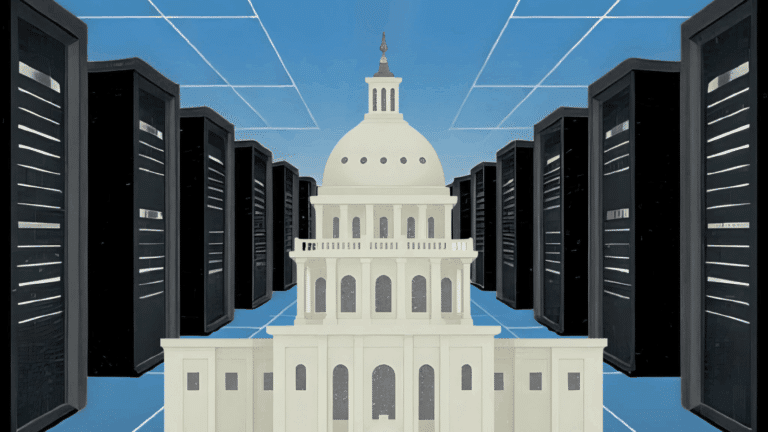Did Carbon Actually Score A Quiet Win In Congress?
When Congress approved the Fiscal Year 2026 spending bills last month, many in the carbon sector braced for cuts but reality appears more optimistic.
Current Access Level “I” – ID Only: CUID holders, alumni, and approved guests only
Past Event
December 4, 2017
6:30 pm - 7:45 pm
Recent events in Venezuela – from missed debt payments and calls for debt restructuring to the arrest of Citgo officials and the appointment of a general with no experience in the oil business as oil minister and head of state oil company PdVSA – signal an acceleration of the country’s crisis. Although President Nicolas Maduro consolidated his political power following the Constitutional Assembly election of July 31, the situation on the ground continues to spiral downwards. Accelerating oil production declines and recently-imposed US financial sanctions are muting the effect of recent oil price gains, even as the quality of Venezuelan crude exports becomes increasingly erratic. Meanwhile, the links between Caracas and Moscow appear to be deepening. To discuss these momentous developments, the CGEP is organizing a panel discussion featuring three experts on the country’s finances, economy, politics and oil industry: Francisco Monaldi, Rice University and Fellow, Center on Global Energy Policy Luisa Palacios, Medley Global Advisors and Fellow, Center on Global Energy Policy Miguel Angel Santos, Harvard University The discussion will be moderated by Antoine Halff, Sr Research Scholar and Director of Global Oil Markets at the Center on Global Energy Policy. Registration is required. A podcast of this event will be available ~5 days after the date of the event through iTunes and our website. This event is open to press. Please direct media inquiries to Jamie Shellenberger-Bessmann ([email protected]) For more information contact: [email protected]
This workshop will be conducted in two parts: Part one on February 16 from 1:00 PM to 2:00 PM EST, and Part two on February 18 from 1:00 PM to...

The Center on Global Energy Policy at Columbia University SIPA is pleased to host a virtual webinar with experts from Kenya, India, and Brazil to discuss and better understand the landscape...

Join us on February 25 for an in-depth, student-only conversation. Registration is required, and space is limited. The Center on Global Energy Policy at Columbia University SIPA’s Women...

The recent military operation to remove Venezuelan President Nicolás Maduro and First Lady Cilia Flores raises several implications for the future of Venezuela and Latin America, geopolitics, and energy markets. Cosponsored by SIPA’s Institute of Global Politics (IGP) and Center for Global Energy Policy (CGEP), along with Columbia’s Institute of Latin American Studies (ILAS), this webinar will analyze the circumstances and impact of their capture and extradition to New York to face narcoterrorism and drug trafficking charges.

From the east to west and north to south, in red states and blue states, attention to data centers is skyrocketing in state capitals across the United States.

Libya's bid round for new oil and gas exploration and production highlights its potential revival as a major oil producer.

Economic, political, and fiscal realities have shifted energy policy priorities across the globe toward the goals of affordability and competitiveness.
